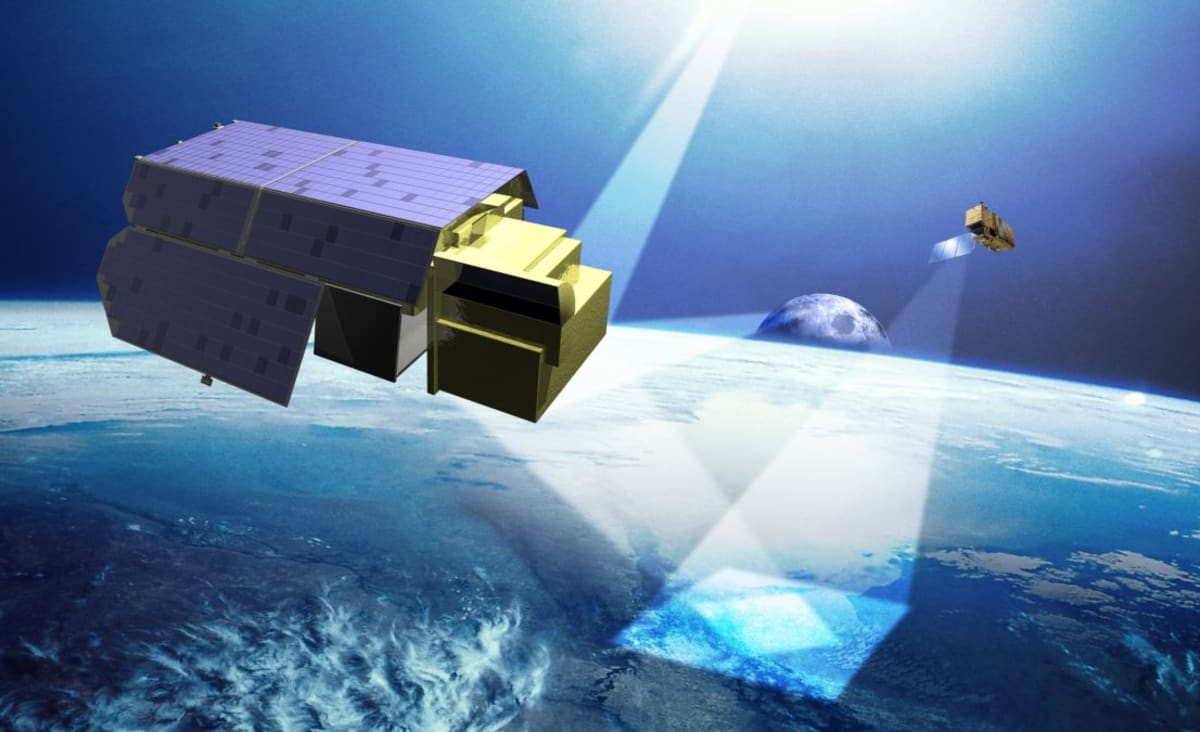
www.space.com
New space mission will measure how much heat Earth is trapping from climate change
A new space mission will measure how much heat gets trapped in Earth's atmosphere to help gauge whether humankind makes any progress in tackling the fast progressing climate change.
Science & Tech
A new space mission will measure how much heat gets trapped in Earth's atmosphere to help gauge whether humanity is making any progress in tackling the worst effects of climate change.
The mission, called TRUTHS (for Traceable Radiometry Underpinning Terrestrial- and Helio- Studies), is currently being prepared by the European Space Agency (ESA) and its partners. It will study the so-called Earth energy balance — the difference between how much energy arrives at the planet from the sun and how much gets reflected back to space. The more heat Earth keeps, the warmer it gets, and it's the dangerous greenhouse gases that create conditions for the planet to trap more of the incoming heat.
The TRUTHS mission, introduced at the UN Climate Change Conference (COP26) in Glasgow, Scotland, on Wednesday (Nov.3), will "set a benchmark to detect change in Earth's climate system", ESA said in a statement. It consists of a satellite that could launch into orbit in 2029.
"With climate change, emergencies and disasters become more frequent and more extreme," Vera Thiemig, scientific officer and researcher at the Joint Research Centre of the European Commission, said in the briefing. "If we do nothing, in Europe, every year 15 million people will be at risk of forest fires, 90,000 people per year will die due to heatwaves, 2 million people will be affected by coastal and riverine floods, droughts will expand and tundra will disappear to the point of nothing."
Keeping global warming within 1.5 degrees C will, according to Thiemig, reduce the risk of wildfires as well as that of heat related deaths by two thirds. The risk of severe floods will go down by 50%.
























































